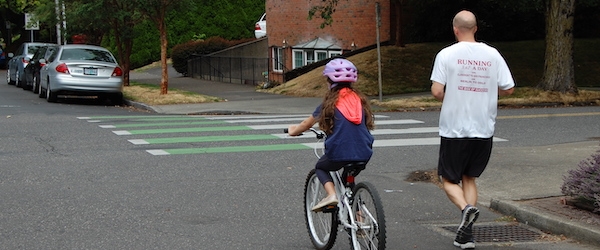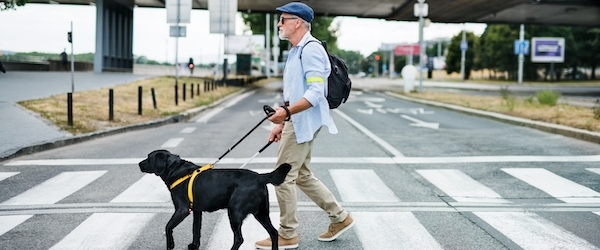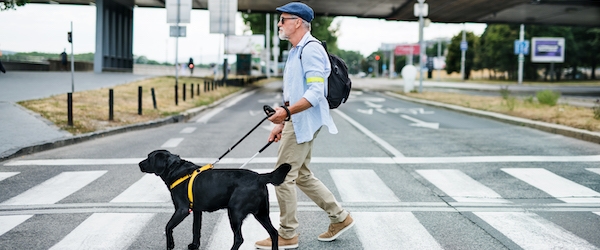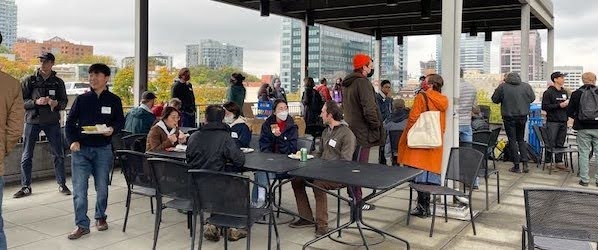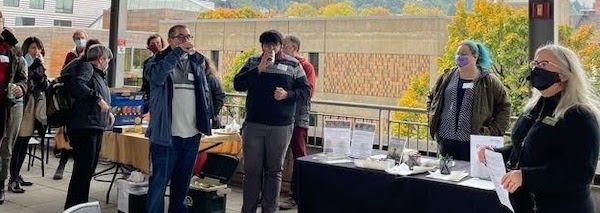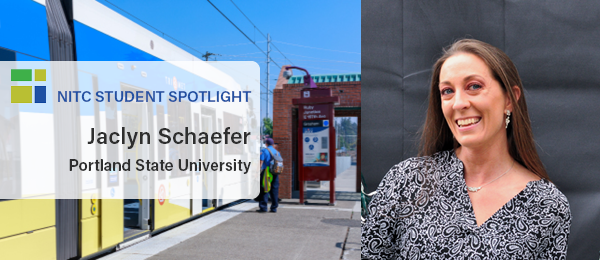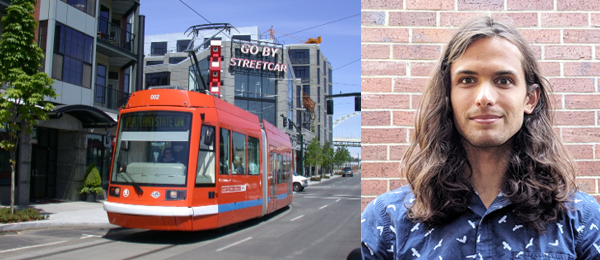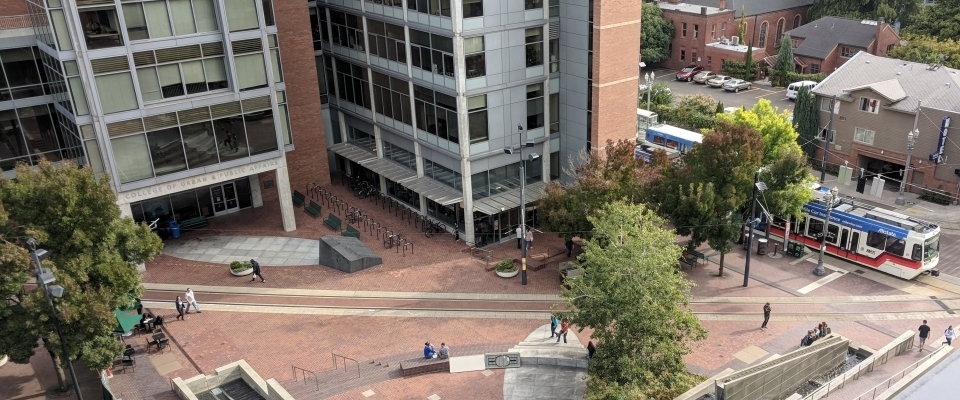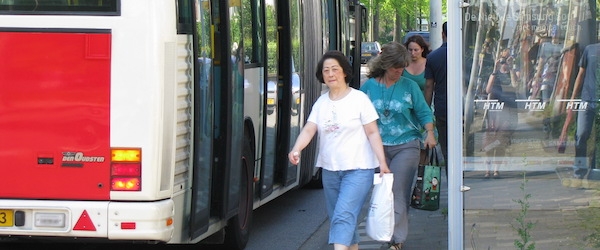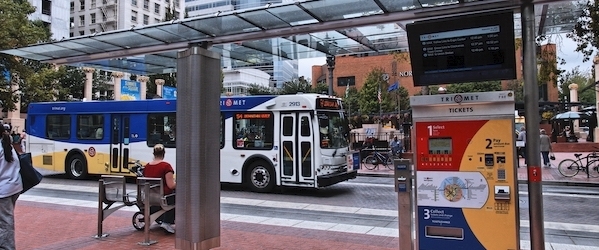An increasing trend in the number of bicycle crashes in the U.S since 2009 has been a major challenge to safety. A new PSU masters thesis in civil engineering offers insights: "Improving Bicycle Crossings at Unsignalized Intersections through Pavement Markings: Analysis of the City of Portland Innovative Strategy" by Frank Boateng Appiah of Portland State University.
For a deeper dive into this research, read BikePortland's coverage of the study. For more on the researcher, read our 2020 interview with Frank.
The City of Portland, Oregon has experimented with an innovative treatment to improve bicycle crossings at unsignalized intersections. This treatment, termed a high visibility cross-bike, was installed at crossings of neighborhood bicycle greenways with busy roadways. The marking is similar to a zebra-striped pedestrian crosswalk but with green pavement markings rather than white. Although the cross-bike marking does not currently require motorists to yield for bicycles waiting to cross the roadway, it was hypothesized that the presence of the marking...
Read more
